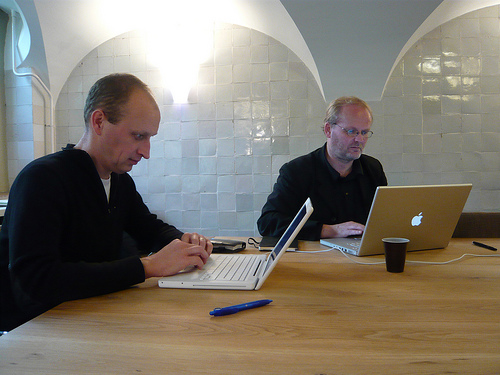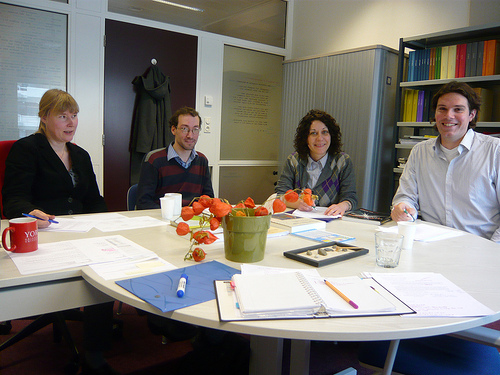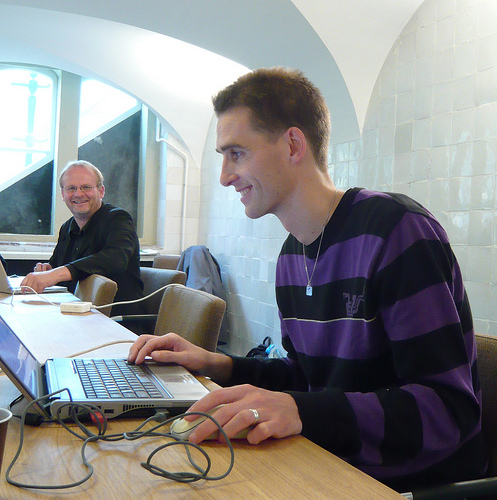The first Alfalab microtoponym expert meeting
Tuesday, March 23rd, 2010On April 8th the first Alfalab microtoponym expert meeting will be organised at the Meertens Instituut. The meeting aims to discuss the wishes and demands of researchers who want to use the microtoponyms in a GIS environment. These wishes will be translated into a functional design of a web-based system that will be developed and tested in the coming year. The meeting consists of a brief introduction of Alfalab and microtoponym collection of the Meertens Instituut and a plenary discussion. For more information contact Douwe Zeldenrust (douwe.zeldenrust @ meertens.knaw.nl).














